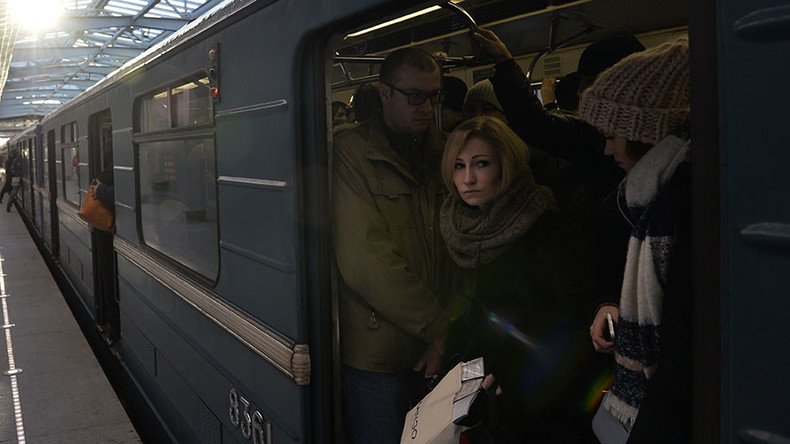Russians fear terror attacks but trust special services for protection, poll shows

Research conducted in Russia in the aftermath of the Brussels bombings has shown that the share of the population that fear terrorist attacks has increased, but so has people’s confidence in the ability of special services to protect them.
Independent Russian sociology service the Levada Center reports that the public’s reaction to the March terrorist attacks in Brussels was not as acute as the reaction to last year’s attacks on Paris. In 2015, 73 percent of Russians said that multiple simultaneous acts of terrorism could take place in their country, with the number falling to 61 percent this year. At the same time, the share of Russians who fear that they could become victims of terrorists grew from 58 percent to 68 percent.
However, the share of citizens who believe that Russia’s special services can successfully counter terrorist actions increased from 35 percent last year to 59 percent now (26 percent of respondents said they did not see the anti-terrorist services as capable, while 15 percent found the question too complicated to answer).
When researchers asked Russians what they would name as the primary reasons behind the Brussels attacks, 42 percent answered that the faulty migration policies of the European Union were to blame, while 33 percent blamed the unprecedented influx of refugees from Africa and the Middle East. Thirty-two percent believe that the attacks happened because the European authorities are too weak, and 30 percent said that they were the result of the general increase in Islamist terrorism that is taking place all over the world.
When asked about the personal feelings that Russians had after the Brussels bombings, 42 percent of respondents said they thought the attacks were a “just retribution” that Western nations received for their aggressive foreign policy and refusal to participate in a larger anti-terrorist coalition that would include Russia. However, about 40 percent said that they disagree with this statement, and about 18 percent found it too difficult to choose a correct answer.
READ MORE: Over 70 percent of Russians support anti-ISIS airstrikes in Syria - poll
The current situation can be explained by the fact that Russia has not seen any major attacks over the past six months, Levada’s deputy director Aleksey Grazhdankin said in comments with popular business daily Vedomosti. He added that by the time Islamic State (IS, formerly ISIS/ISIL) terrorists attacked Brussels, society in Russia had already lost focus on the downing of a Russian passenger jet in Egypt, and that at the time of Paris attacks, these memories were still fresh and added to the general level of anxiety.
“The feeling of general threat remains, but it should be mentioned that the average Russian’s opinion of the country’s special services has improved. Because of that, if Russia is not hit by terrorist attacks in the nearest future, the confidence in special services would become stronger,” the researcher said.
A different poll conducted by the state-run sociological service VTSIOM in November last year showed that about a half of all Russians approve of their country’s involvement in the anti-terrorist operation in Syria, or even call for greater Russian participation in it.












